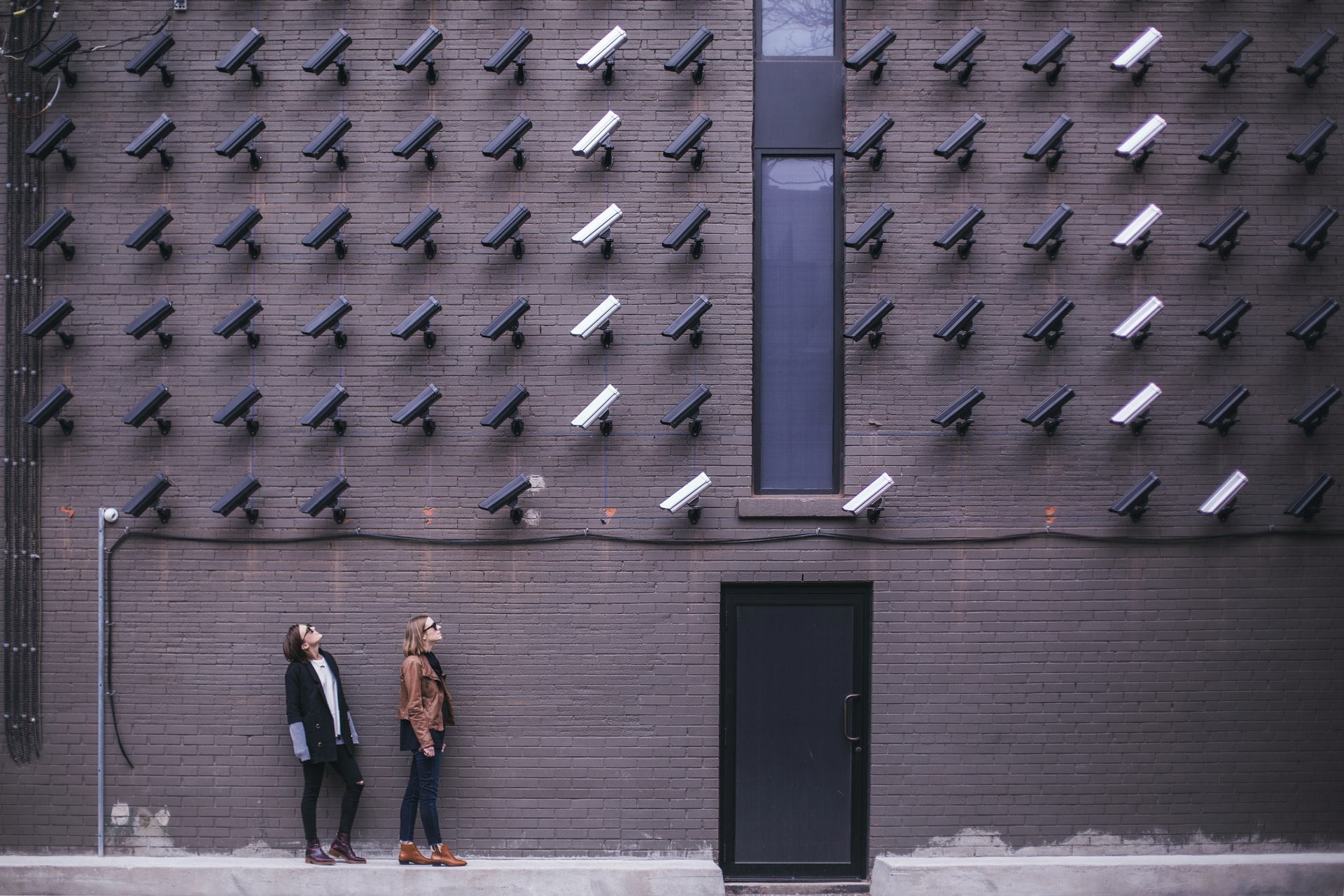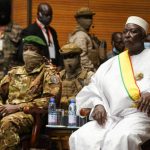What is ‘The Great Reset’ and what are its dangers?

If you live in the Netherlands and were not stuck in quarantine the last months, you might have seen some posters hanging about in busy streets and close to roads, proclaiming the beginning of the ‘Great Reset’. These posters have sprung up all around the country since the beginning of the year, and usually depict the Dutch members of parliament with the words ‘you will own nothing, and you will be happy’. Although these posters make the Great Reset look like an exciting action thriller, its implications are not so light-hearted.
The Great Reset is a term coined by World Economic Forum-founder and director Klaus Schwab, who wrote a book on how the pandemic, despite its downsides, could provide opportunities for a better and greener world. Despite popular belief, the main economic proposition of Schwab’s plan entails that all future recovery stimuli must include green conditions. However, this idea of a ‘great reset’ has since snowballed into the conspiracy theory that world leaders have purposefully manufactured the pandemic to create a new world order. This new world order would restrict the rights of citizens on all levels including democracy, economy, health care and the free press. Overall, the Great Reset is aimed at changing the ‘status quo’, and the lack of trust between citizens and governments is what fuels this theory.
What does their main handle: ‘You will own nothing and you will be happy’ actually entail? This sentence reflects the belief that the government would engage in communistic dictatorship, where it would take away all personal belongings from its citizens. Despite the belief that this is an actual plan by global leaders, this sentence was never shared by Klaus Schwab, but comes from a Danish politician describing her idea of what the future might look like.
These ideas have not just spread in the major cities, but also online. They are shared by well-known people, such as Russel Grant and Dutch politician Thierry Baudet, who share their opinions on platforms such as Youtube, but apps such as Tiktok and Instagram also have a large audience. ‘Forum voor Democratie’-member Freek Jansen has tried to initiate a debate on the Great Reset last year, which was swiftly denied by all members of the second chamber. However, seeing the dangers of a grand conspiracy theory such as this one, growing in popularity, it might be wise to talk openly about the subject. This would show to the public that their leaders are not part of a bigger scheme and do not have anything to hide.
Since the theory is especially popular among young people, it is important to understand what its implications may hold for the future. If a widespread distrust in the government would grow among this group, the entire foundation of a democracy could collapse. The rather simplistic view that world power is held by a group of the mega-rich and inherently evil elite shifts the attention away from the fact that we know who is in power, and that we have the power to vote on them. In addition, the beliefs of some of these followers, sometimes rather aggressive and even racist, that they are correct and others are mere sheep following the government, will only create more polarisation instead of unification.
Although some might mistake my general trust in people, including those people in power, as sheep-like behaviour, I propose that a better world will not be achieved when it is based on distrust, solidarity and aggression.




Hi. I’m sorry. I was doing further research and found your article. On the WEF’s website before it became public outrage that was what the information clearly stated on the Wef’s direct website about the great reset. We would no longer own anything and that it would be a wonderful change. It was then changed after public outrage. I’m not into conspiracy although I think careful to shun that word as conspiracy was a term coined at the time of the watergate scandal before it became exposed and only then termed as investigative journalism after it was exposed. But when I read the great reset on the Wef’s site I thought that no way could it be real, but it is. They had to do a lot of damage control when it became more public and there was outrage. The information for the great reset on their page currently is entirely different from what it was prior to the outrage. Your site is called checks and balances and as a former journalist, please stop shunning people who question those with great powers. We should absolutely and always question those with large amounts of power as it is almost always abused.